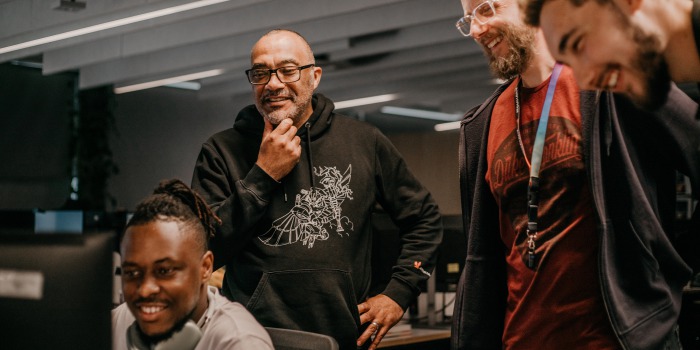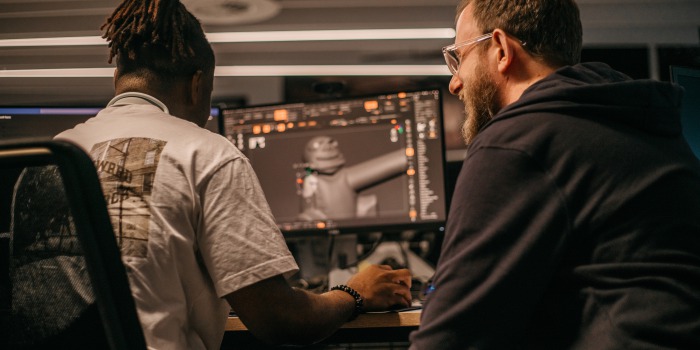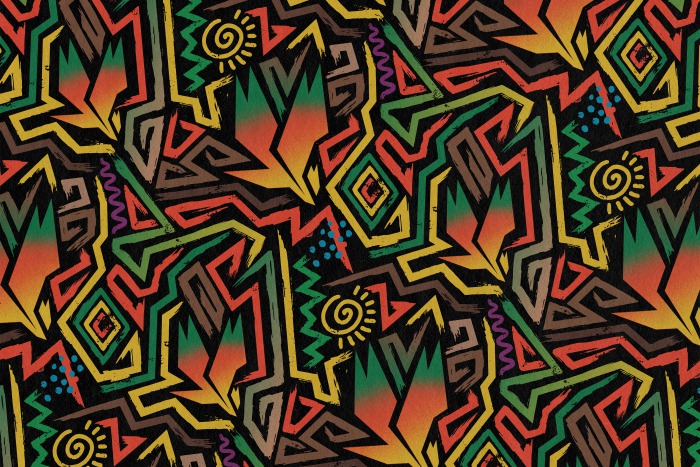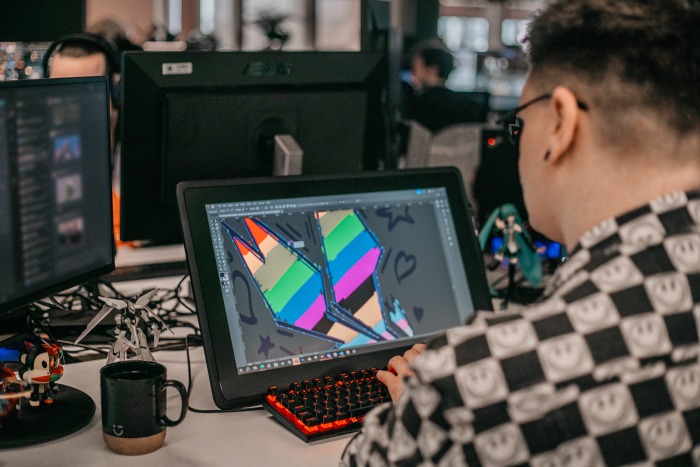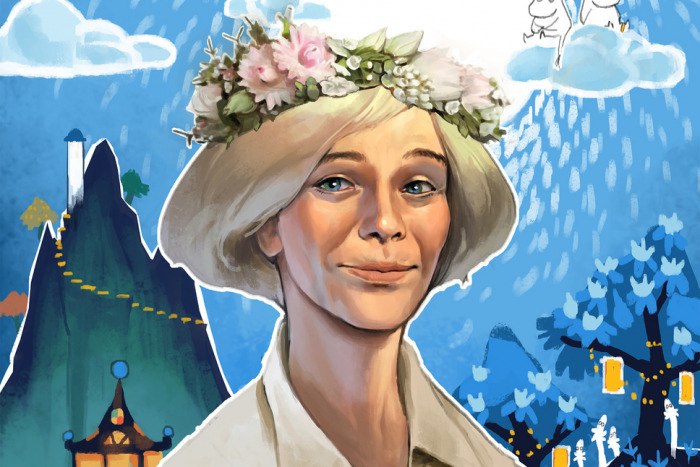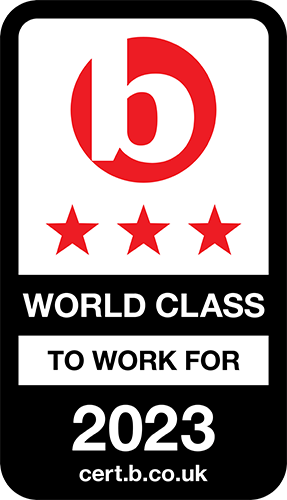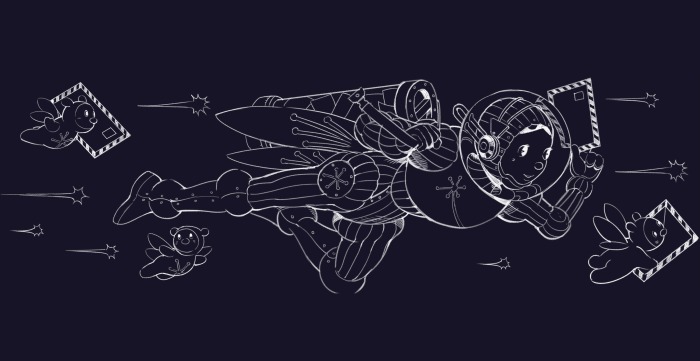Are there times you’ve felt held back or othered during your career? Is there anything that could have been changed that would have avoided your being put in that situation?
Darren: As this is a creative industry you generally find people are more inclusive and want to explore different cultures. It doesn’t mean racism, or any form of discrimination isn’t present. It is there, and no industry is free from it.
I have had times where people have been promoted in front of me. That just gave me a bigger incentive to prove myself. Take every experience, good or bad and make it work for you.
Panashe: I haven’t experienced anything that made me feel like ‘something’s going on here’. Personally, I’ve felt held back in my community, especially with family, because they don’t fully understand my career. Comments like ‘you should do something more serious’ are difficult to ignore but I try and let the passion take the helm.
Being from Zimbabwe, where there’s virtually no 3D industry, so I can understand the worry from a parents point of view. To pursue this career, you typically have to move abroad, which is not an option everyone has, and many Africans tend to prioritise traditional careers like law or medicine.
I do hope this gets better and that people in the Black community become more aware of the opportunities in this industry and be more open to exploring them.
Statistically there is much less chance of Black players being authentically and accurately represented in games, either as industry workers or creatively within the games themselves. What’s something you wish the industry did more of to improve that representation?
Darren: I want to ensure that the Black community see this as a viable career and encourage everyone to get involved and see what it takes to succeed. There are no ‘free passes’ for anyone but there should be equality in opportunity. I spent a year teaching Games Art at a Birmingham college. There was only one Black student out of the 60 or so students over the two year groups I taught. This was despite it being a culturally mixed community.
We have to highlight successes from the community in order to encourage more Black people to pursue a career in games. That way more diversity in the actual games should naturally follow.
Panashe: I feel like you don’t get as many options compared to other races in games. Game characters for example, you usually only see one or two Black characters of any real importance in a game, and they generally tend to be stereotypical.
The Black community is comprised of many different cultures from all over the globe and I wish I we could see that represented in more games consistently. There has to be a conscious effort to try explore further beyond what has already been done.
